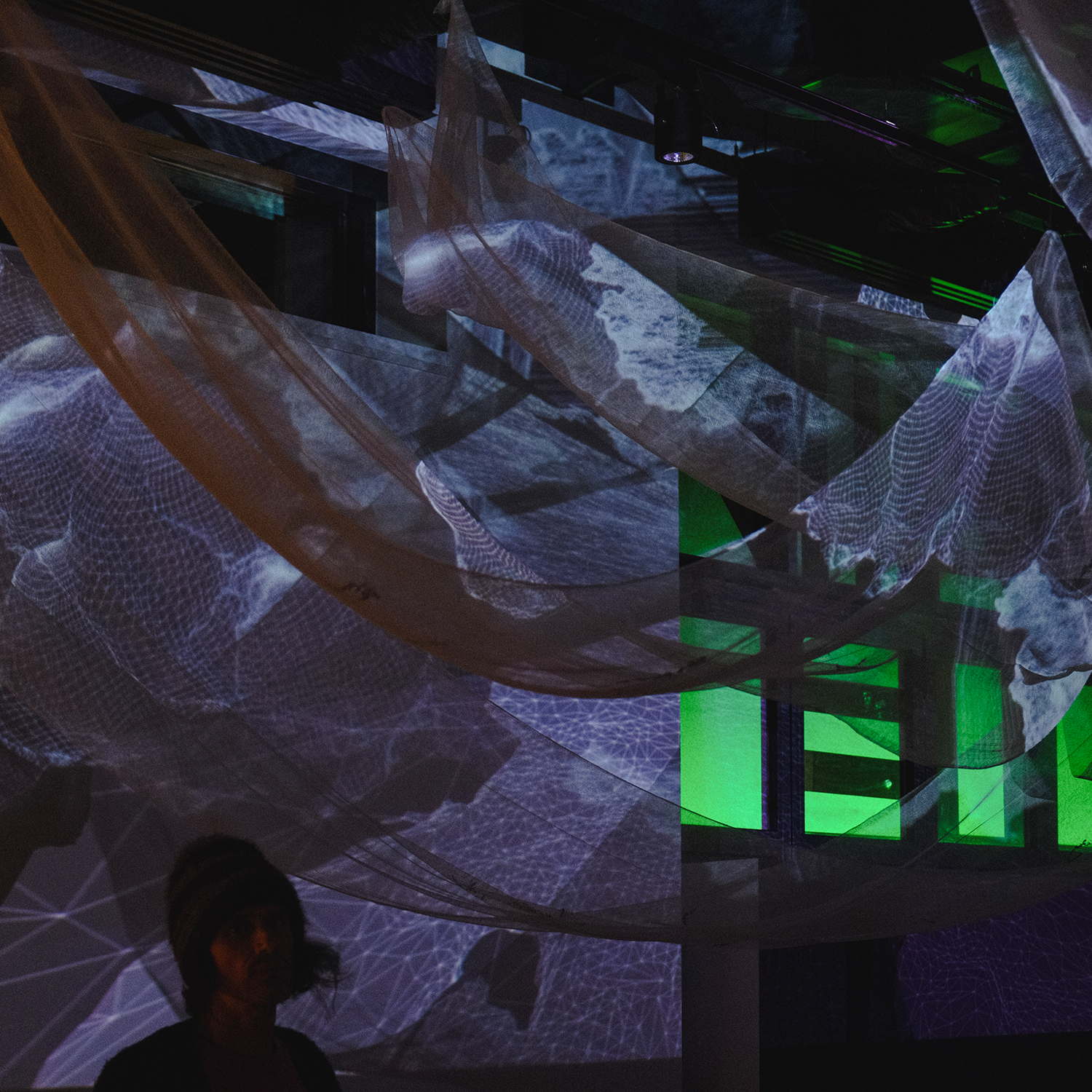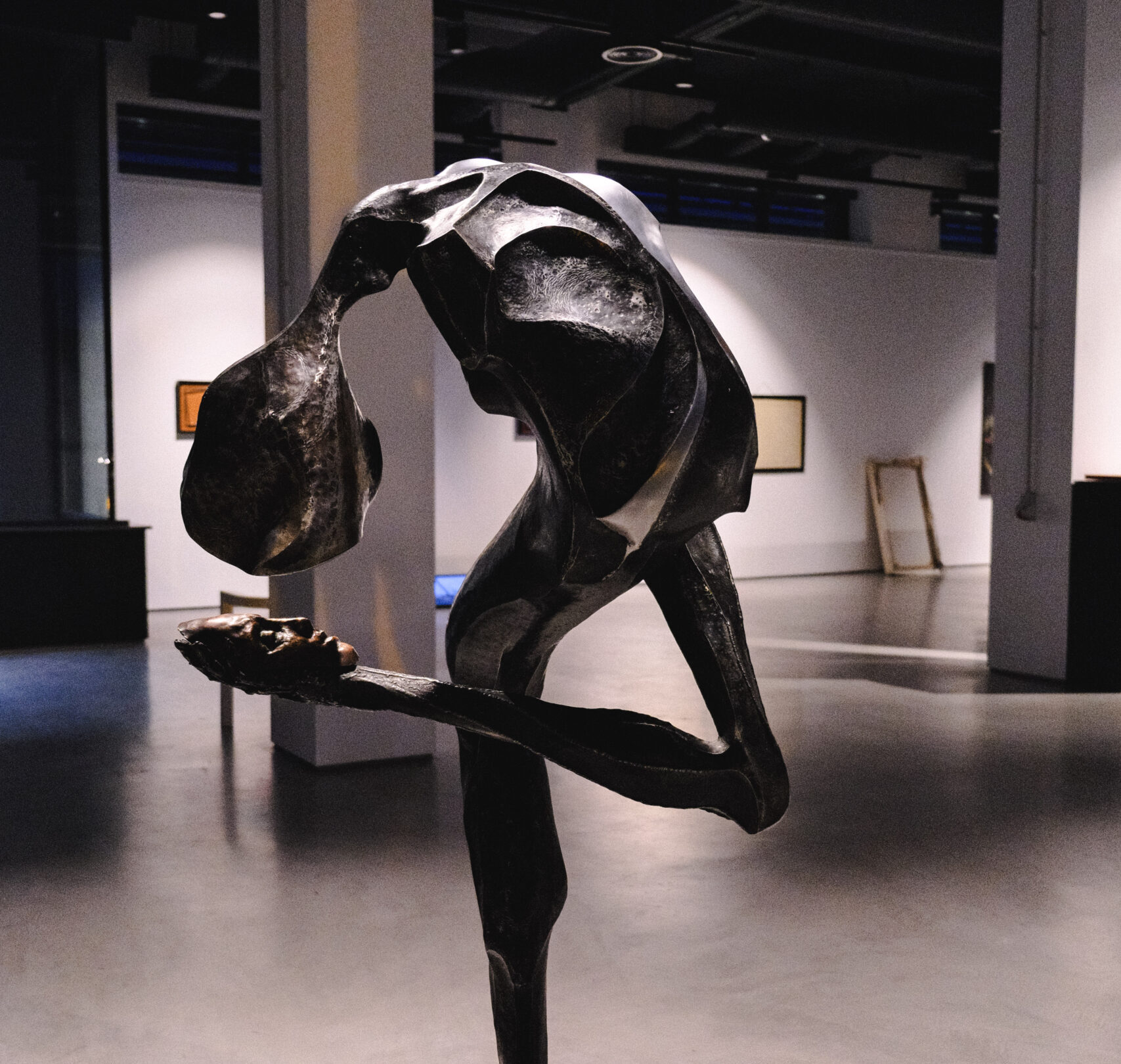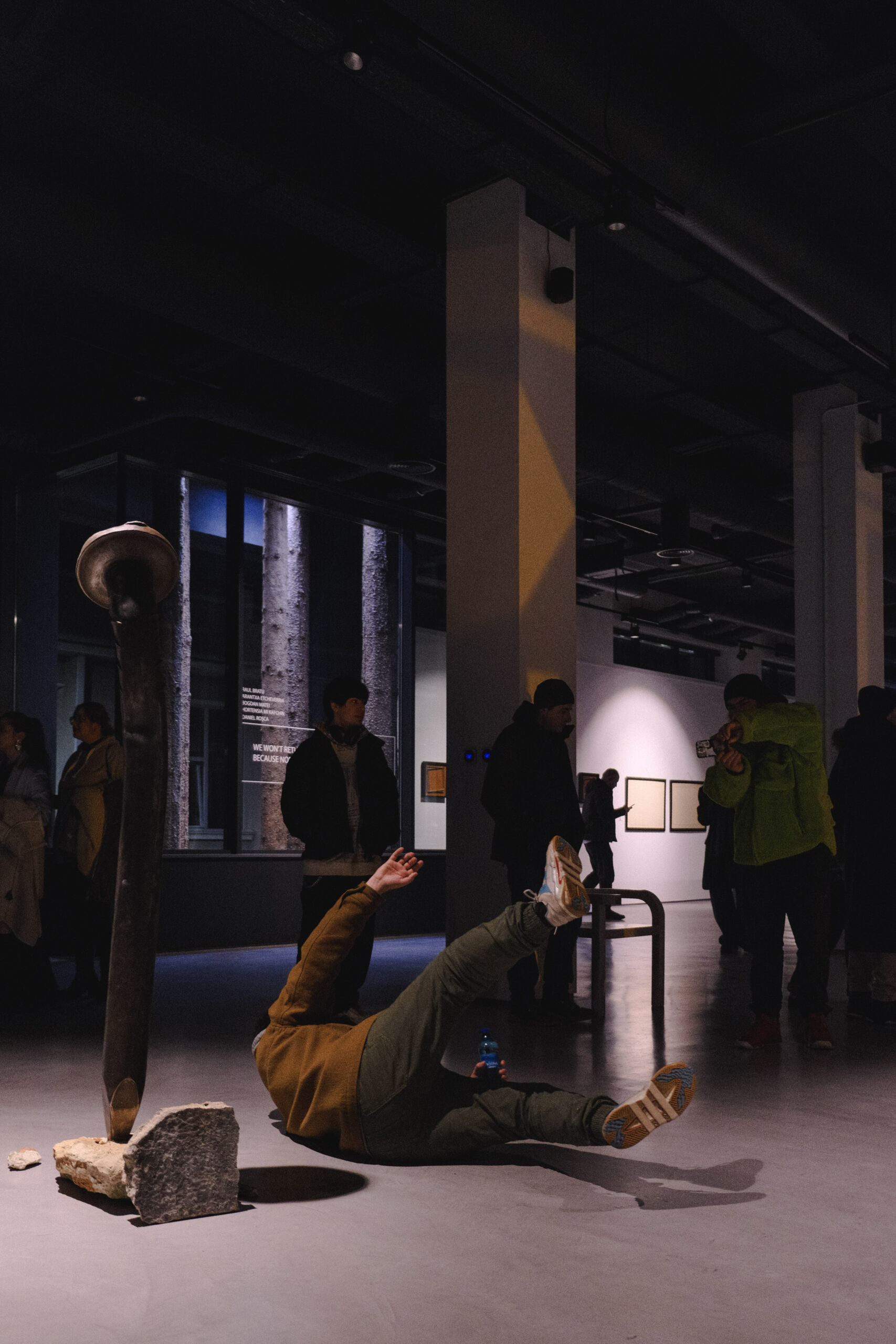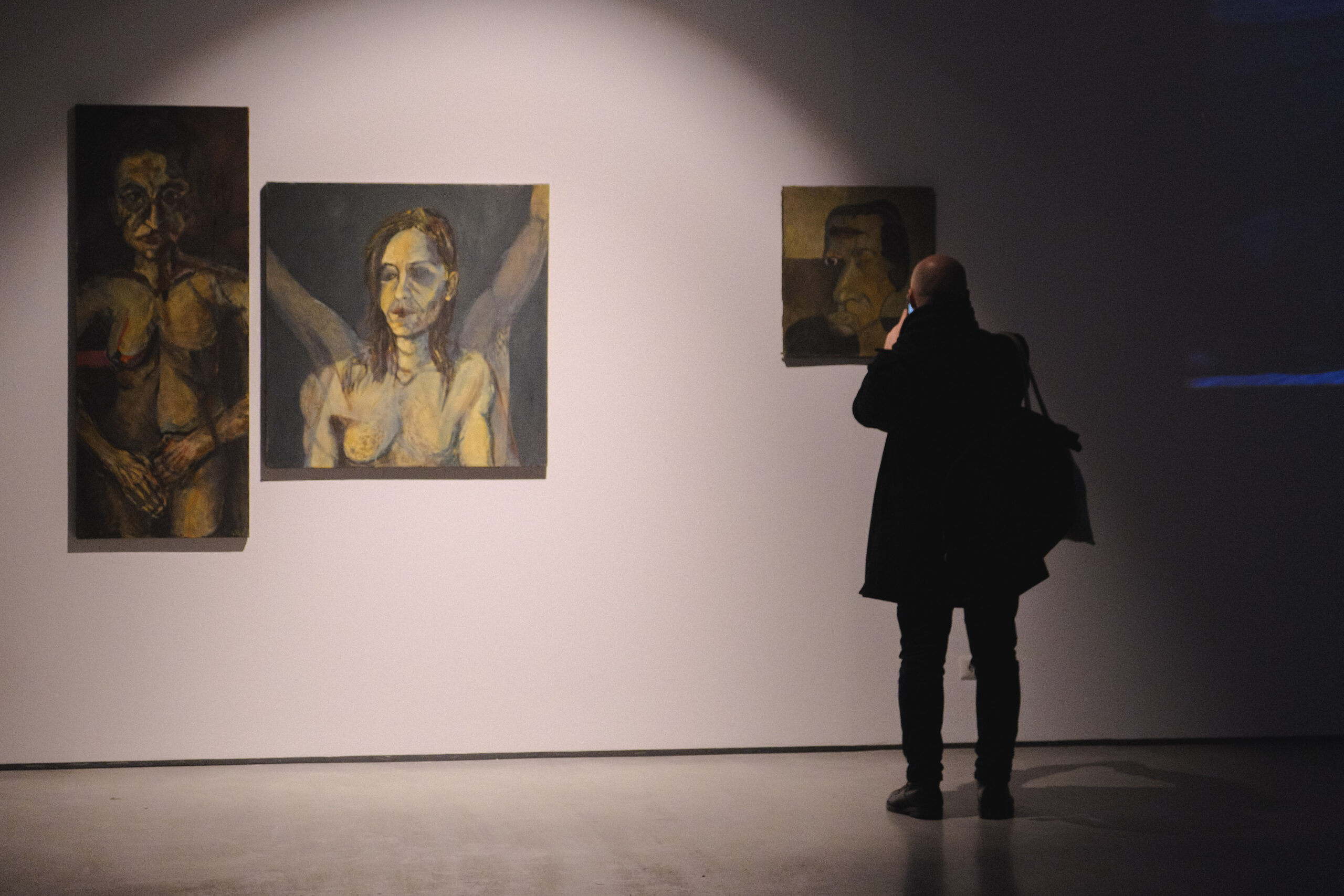‘We won’t return to normality, because normality was the problem’, speaks to a broader criticism of the status quo before major disruptions, like the COVID-19 pandemic, climate crises, or social movements and human rights discussions. It suggests that the systems and conditions we once accepted as “normal” were inherently flawed or harmful, and that returning to them would perpetuate those problems.
This resonates with movements that call for transformational change, rather than reverting to old patterns such as:
Social Inequality: The last period of time exposed and exacerbated issues of inequality in healthcare, economic opportunities, and access to essential resources. Many argue that these inequalities were present long before, and “normal” meant systemic disadvantage for marginalized groups. From Luigi to banned trans rights in new Trump era.
Climate Change: For much of the modern industrial era, “normality” has meant unsustainable exploitation of natural resources, leading to climate disasters. Calls to return to business as usual ignore the reality that our past behaviors were part of the problem. Many political leaders continue to deny climate change, yet the evidence is undeniable—just turn on the news.
Work Culture: For many, the traditional work culture was built on long hours, poor work-life balance, and exploitative conditions. The disruptions of the pandemic forced a shift, introducing remote work and sparking conversations about mental health, burnout, and labor rights. The question now is whether we will return to those old structures or reshape the future of work to be healthier and more sustainable.
The quote pushes for a deeper rethinking of what we accept as normal, and instead encourages a vision for a more just, sustainable, and compassionate future. What aspect of “normality” do you think needs the most urgent change?
Normality is a social construct, shaped by dominant behaviors, values, and expectations in a given society. It consists of routines, systems, and standards that people unconsciously adopt because they feel stable, familiar, or inevitable. However, what is considered “normal” is often restrictive—it serves the status quo, benefiting some while marginalizing others.
Routines and Systems: The rhythms of daily life—working, commuting, engaging in education, consumption, socializing, etc. — are all part of what is considered normal in modern society.
Cultural Expectations: The values and ideals we are raised with, like the need to be productive, conform to certain standards of success (like career achievement or consumerism), or follow prescribed paths for relationships, family, and social roles.
Institutional Frameworks: Things like the structure of government, the economy, healthcare, education systems, and legal systems that influence how we live and interact.
However, just because something is normal doesn’t mean it’s fair or healthy. For instance, “normality” could include systems that perpetuate inequality, exploitation, environmental degradation, or mental health struggles. A lot of what we call “normal” benefits a select group while disadvantaging others or harming the planet. Normality is fluid, constantly reshaped by collective human behavior, events, and cultural shifts. Questioning or challenging the “normal” is essential for progress, and it makes me think of whether we can build a new, more inclusive and sustainable normality.
↳ ARTISTS
↳ CURATOR
↳ SCHEDULE
Exhibition open 20.02 - 20.03
Wednesday to Friday from 3pm to 8pm
Weekends by appointment
this

↳ Details
↳ Tags
and that




